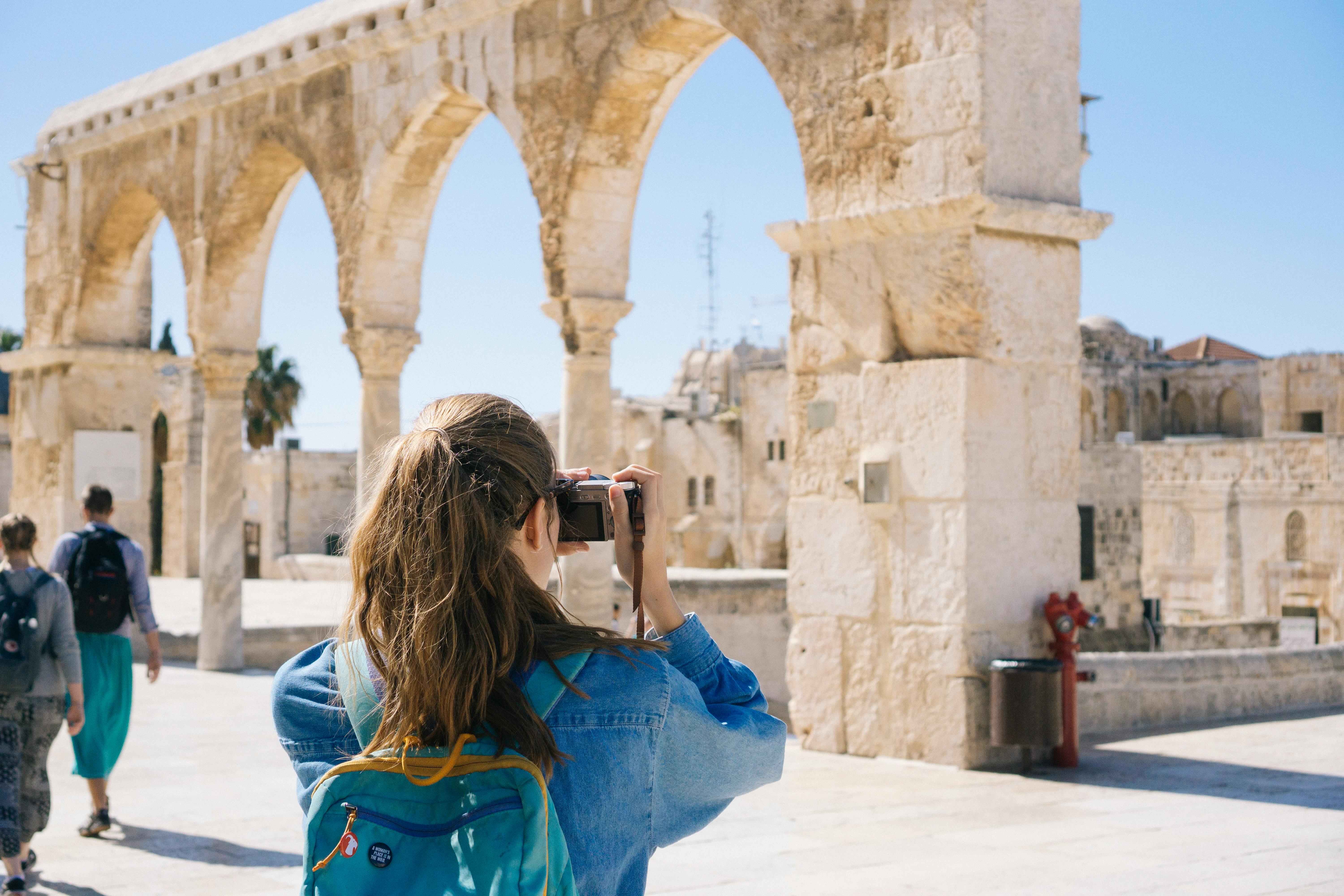Insight
Cultural Tension: Tourist Trap

As the summer travel season gets underway, droves of consumers will pack their suitcases and load into cars, planes, and trains for much-needed time out of office. Over 90% of Americans plan to travel domestically in 2024, and 37% plan to travel internationally.
And they’ll be seriously shelling out for these getaways. In the last year, the consumer price index for airline tickets shot up by 25% — the largest jump since 1989. Given the rising costs and continued pent-up demand post-pandemic, it should come as no surprise that nearly half of Americans plan to spend more on travel this year compared to previous years.
With the upcoming months expected to be the “busiest summer travel season ever” per the TSA, travelers will have to balance their wanderlust with reality. Where they travel, what they want to experience, and how they afford it will shake out differently across generations, creating tension in how we travel, but also opportunities to improve our experience in the nearly $2 trillion dollar global travel market.
Gen Z is significantly contributing to the upswing in travel, outpacing Gen Xers and Baby Boomers, and on par with Millennials. This age group has a strong preference for international travel, with 51% planning to venture abroad this summer versus only 37% opting for domestic holidays. This behavior can be attributed to, one, a society where travel is more mainstream and accessible than it used to be, and, two, the constant stream of FOMO-inducing travel content they’re consuming on social media.
McKinsey & Company highlights "a thirst for novelty and a desire to experience someplace new" as a driving force behind Gen Z's travel preferences. While this may be true, ironically, this generation is ending up at the same places, as algorithmic-led destinations are leading to a phenomenon where many travelers are visiting the same popular locations. Regardless of the underlying reasons, the apparent homogeneity in travel destinations has created a clear need for personalization to cater to individual preferences and ensure unique experiences for this generation.
Unlike Gen Z, older generations are not only traveling less, but they’re prioritizing domestic travel, taking on average twice as many domestic trips as international. As opposed to the quest for “newness” among Gen Z, Gen X and Boomers favor familiarity, with “visiting a new place coming in at number eight in terms of priorities,” and almost half of Baby Boomers planning to travel to destinations they have previously visited. Reconnecting with friends and family was another important driver for this population, cited at higher rates than among younger individuals.
Older generations are also far more price-conscious than the rest of the population: over half of Baby Boomers (52%) prefer budget-friendly travel options compared to younger generations and 64% of Gen X stated that budget is a top consideration when booking. Meanwhile, 42% of Gen Z and 47% of Millennials are willing to go into debt to finance their summer trips.
Given the dynamics at play between the surge in travel (and where generations want to go) and rising costs (and how they afford trips), an opportunity emerges for consumer-facing companies to better service our individual needs through improving accessibility, personalization, and connection as we travel.
At Bullish, we’re seeing a rise in bespoke rentals like Boutique Homes, home swaps (including Kindred), and other twists on lodging that seek to give folks more accommodation options outside the obvious players. The rise of these companies highlights a growing opportunity to access new forms of lodging options without compromising on the quality of experiences. AI has been heralded as one solution to the travel personalization problem, with AI virtual travel agents like FORA and guides such as Deets stepping in to bridge the “hours researching on Google'' to “hiring a travel agent” divide by offering tailored itineraries. (These applications, we believe, can only unlock true personalization when tapping into the knowledge that comes with human experience.) Companies like Trova Trip and Remote Year are offering community-first group travel experiences catering to people with shared interests. By facilitating experiences that enable travelers to engage with each other and local communities, these companies are appealing to consumers who yearn to make connections during their trips rather than going at it solo.
In the constantly changing travel landscape, where demand soars despite rising costs, the industry is witnessing a generational divide in preferences and priorities. As younger travelers seek novelty and international experiences with no budget of note, older generations prioritize familiarity, connection, and affordability. Amidst this dichotomy, the rise of consumer-facing services that improve accessibility, personalization, and connection can cater to the diverse needs and desires of travelers across generations. Across the board, the best travel-focused brands will be those that harness human insight and behavior to forge a new path forward: one that celebrates the joy of travel and improves the experience for all of us.
More
Insights
Cultural Tension: The Friction EconomyNews
Brand Identity Crisis? Apply for 25k for 2026News
Bullish on Cob Foods, our latest investmentInsights
Data Rich, Direction PoorInsights
Pioneers Mid-Year Sentiments 2025Insights
2025 Bullish Consumer/LP Summit HighlightsSign up for the latest consumer insights and news
Most Dangerous Agency in America™
©2025